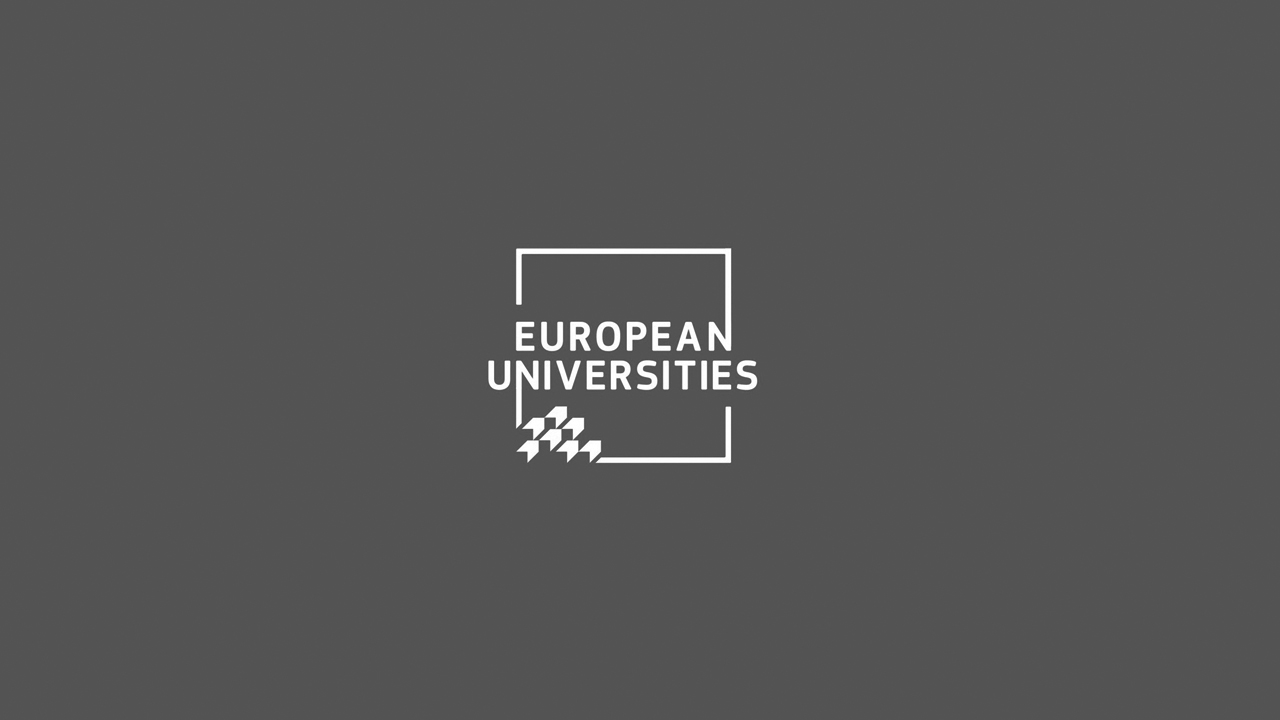

At the Gothenburg Summit in November 2017, European Union leaders discussed the future of education and culture as drivers of job creation, economic growth, social justice and the experience of European identity in all its diversity. At the summit, the European Commission presented its vision of the European Education Area in 2025.
One of the aspects involved in the European Education Area 2025 is the “creation of a network of European universities so that world-class European universities can work together seamlessly across borders”.
As a follow-up to the Summit, the European Council called on Member States, the Council and the Commission to “strengthen strategic partnerships between higher education institutions across the EU and promote the establishment by 2024 of 20 “European Universities”, which would be bottom-up networks of universities across the EU, enabling students to graduate by combining periods of study in several EU countries and contributing to the international competitiveness of European universities”.
The Council of the European Union considered in 2018 that European Universities have the potential to significantly enhance mobility and promote quality and excellence in education and research, by strengthening the link between teaching, research and innovation and knowledge transfer, by demonstrating the benefits of multilingual learning, by recognising qualifications and by developing joint education and research projects and programmes.
From this initiative, three calls have already taken place:
The 2019 Call for Proposals of the Erasmus+ Programme included in the Key Action 2 (KA2): Cooperation for innovation and exchange of good practices, the “European Universities” action, through which the first 17 European Universities Alliances were selected and Arqus was one of them. 114 higher education institutions from twenty-four Member States participated.
In the 2020 Call for Proposals, 24 new partnerships were selected, involving 165 institutions from 26 Member States and other countries participating in the Programme.
Following this second call, the Commission carried out a review of this action of the Erasmus+ Programme, which highlights:
- More than 60% of the institutions consider that being part of a European University has been useful for them in tackling the health crisis, through the creation of virtual inter-university campuses, the offer of blended courses and the integration of common pedagogical units in the curricula of all participating universities.
- It allows the promotion of lifelong learning by offering students of all ages the opportunity to obtain micro-qualifications, which are awarded after the completion of short courses or modules.
After the 2022 Erasmus+ call for proposals, there are now 44 European Universities involving around 340 higher education institutions in both capital cities and remote regions of 31 countries, including all EU Member States, Iceland, Norway, Serbia and Turkey.
More information on the official website of the European Commission.
